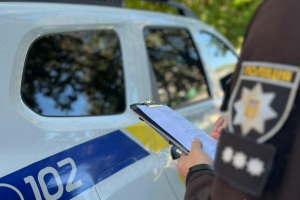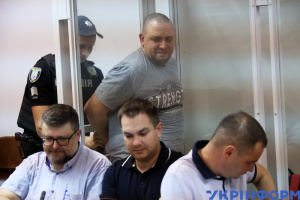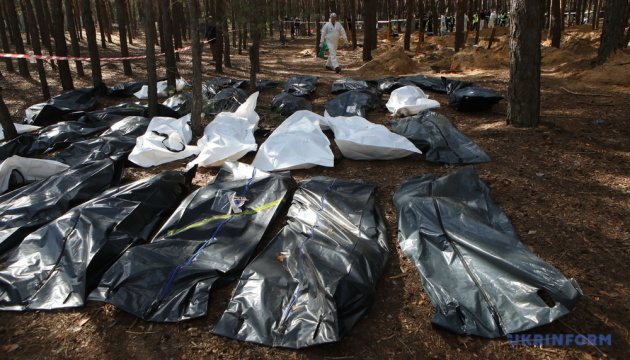
Ukrainian cops undergo training in The Hague on probing war crimes
That’s according to the National Police press service, Ukrinform reports.
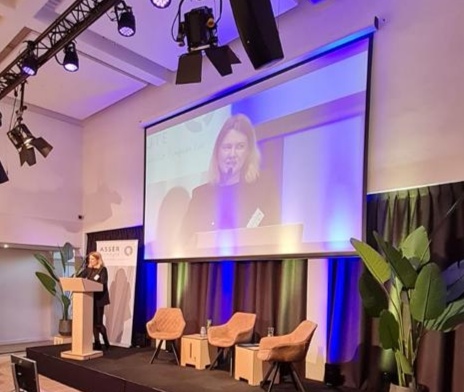
The five-day training has been organized with the assistance of the European Union advisory mission, the report reads.
The Ukrainian police officers learned more about investigating war crimes and international crimes committed by members of armed forces; stimulating national investigations and persecution for international crimes; legal norms regarding armed conflicts and occupation; international human rights and international accountability; the database of major international crimes; and cooperation with Eurojust.
The officers have improved their skills in documenting and investigating war crimes, which in the conditions of a large -scale war with Russia is seen as top priority for Ukrainian law enforcement.
"Investigators have launched more than 97,000 criminal proceedings into war crimes committed by the Russian Federation, and they are petrified of cruelty, with which the Russians treated the civilian population," said Krystyna Podyriako, chief of the National Police war crimes department.
She clarified that it was about investigating mass shooting, deportation, abuse, rape, deliberate plundering and looting.
“Over these almost 20 terrible months, we have mastered unique skills using the latest technology and capabilities. International experience will help us revise the approaches to the organization of pre -trial investigation of such crimes so that its results are taken into account not only in national but also in international judicial bodies. And so that no military criminal would avoid the leitimate and just punishment anywhere in the world,” Podyriako said.
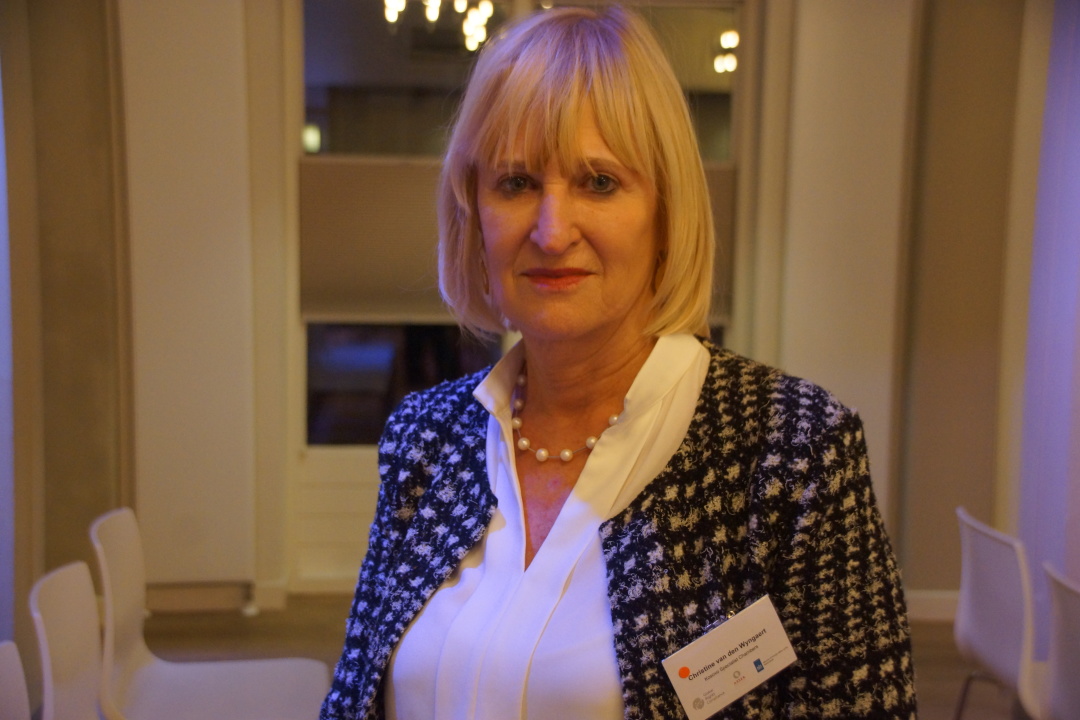
The National Police recalled that since the full-scale invasion, two specialized departments for documenting and investigating war crimes have been created, as well as a database containing information on more than 236,000 people. Police exchange data not only with law enforcement agencies and defense forces in Ukraine, but also with Europol and other international partners who assist Ukraine in investigating these crimes.
OSINT tools are being applied, such as verification of military criminals on social networks and face recognition using a network of more than 30 billion images obtained from open sources. Police also work with satellite imagery and voice recognition technology.
Twenty DNA laboratories were delivered by partners from the U.S. to identify bodies with almost 100% accuracy.


